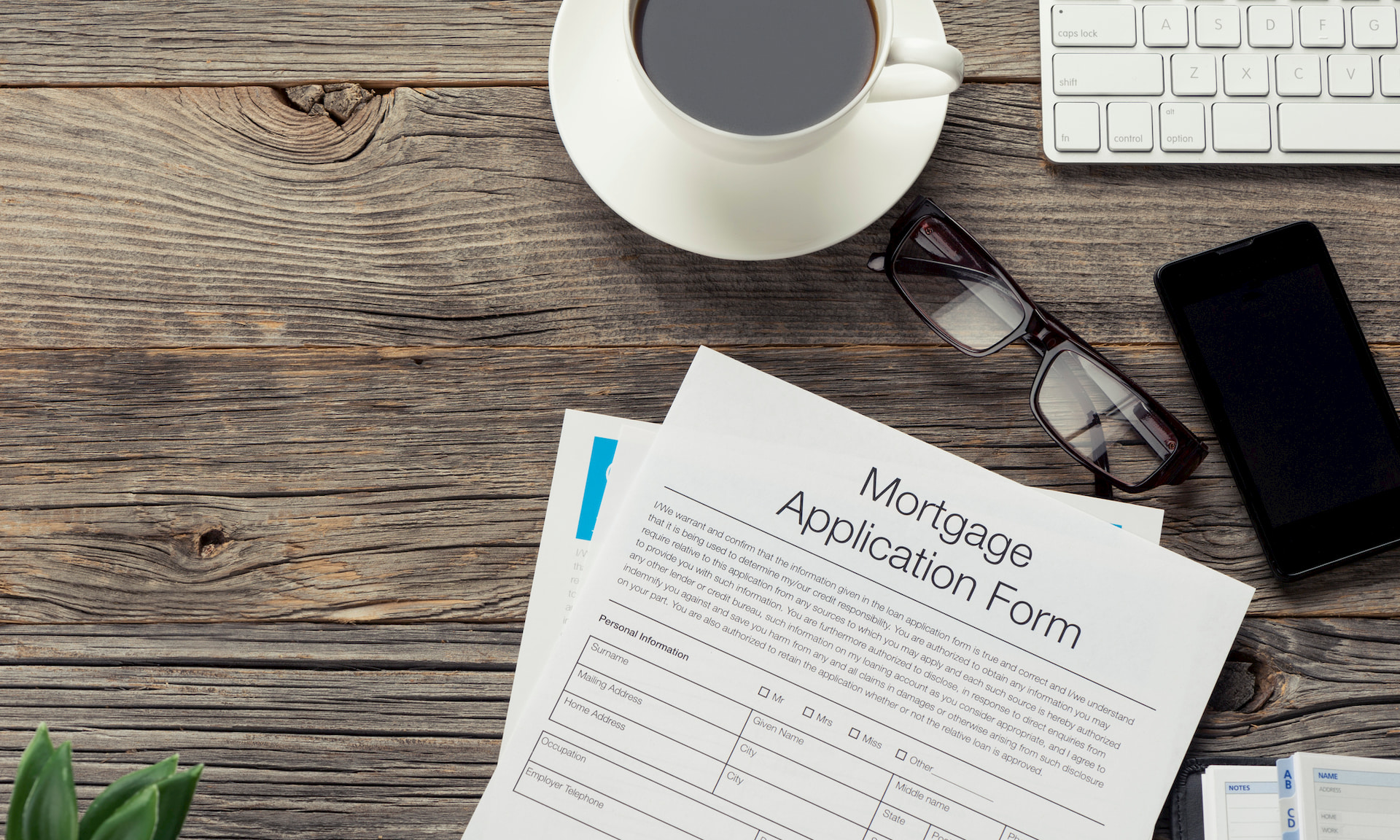
A new mortgage deal aims to help self-employed people ‘bounce back’ and progress up the property ladder, even if they’ve faced financial difficulties during the COVID-19 outbreak.
It’s been a tough few months for mortgage lenders and borrowers, with banks cutting many of their deals, and home movers and remortgagers facing uncertainty.
If you’re a self-employed worker, it’s always been slightly more complicated to get a home loan, but what effect has COVID-19 had on your chances of being accepted?
Self-employed deal helps borrowers bounce back
With the property market now open again, banks and building societies are beginning to loosen the shackles and offer new deals to tempt buyers.
This week, Beverley Building Society changed its criteria for self-employed borrowers as part of its ‘bounce back’ mortgage initiative.
The lender says it will now consider self-employed applicants with just one year of accounts if they’re borrowing up to a maximum of 75% loan-to-value (LTV).
Applicants with established businesses can borrow at up to 80% LTV, and Beverley will offer the first year on an interest-only basis to help borrowers with their cash flow.
Beverley says self-employed borrowers accounted for 50% of its lending last year, and that lending decisions will be based on trading history, qualifications, experience and future prospects.
This move could offer a significant boost to self-employed workers, especially if other lenders follow suit by loosening some of their restrictions in the coming months.
How many mortgages are available to self-employed people?
There are only 36 specialist mortgages currently on offer for self-employed workers or contractors, according to data from Moneyfacts.
But don’t let this put you off. Of the 3,939 mortgages on the market, 3,877 are theoretically available to people who work for themselves.
The specific criteria that lenders adopt can be opaque, but most will require you to have at least two years’ worth of audited accounts before you apply.
A handful (including Lloyds Bank, Mansfield Building Society and Kensington) will consider applicants who’ve only been trading for a year.
The table below shows how many years of accounts you’ll need before applying for a mortgage.
| Accounts required | Number of mortgage deals |
| 1 year | 353 |
| 2 years | 1,550 |
| 3 years | 750 |
| Unspecified | 1,202 |
Is it harder than before to get a mortgage?
COVID-19 has had a big effect on the mortgage market, so we spoke to two mortgage brokers to find out how things have changed for self-employed borrowers.
Alex Winn of Habito told Which? that self-employed borrowers now face ‘more hoops to jump through than ever before’.
He says some banks such as NatWest have introduced pre-application questionnaires and many are now using manual underwriting for self-employed applicants.
In addition, lenders are requiring self-employed applicants to provide details of their turnover for the past three months in addition to historic accounts, to see how their earnings have been affected by COVID-19.
David Hollingworth of L&C reaffirmed that self-employed buyers may need to provide additional information to prove to lenders that the mortgage will be ‘affordable and sustainable’ and that banks are generally now taking a ‘more individual approach’ to self-employed borrowers.
He says lenders have ‘continued to support borrowers wherever they can and have quickly adapted their criteria’, with many willing to accept applications from people who’ve used the government’s self-employed income support scheme (SEISS), subject to evidence being provided.
How to improve your mortgage chances
If you’re a self-employed borrower, there are some steps you can take to improve your mortgage chances.
Use an accountant
Some lenders will only consider applications if you’ve got up-to-date accounts signed off by a certified or chartered accountant.
It’s common for accountants to legally minimise your declared income so you’ll pay less tax, but be warned that lower profits on your accounts could affect how much you can borrow when applying for a mortgage.
Get your paperwork together
It’s crucial to get your annual tax calculations together for each year of accounts.
If your lender requires three years of accounts, you’ll need to provide three SA302 forms.
If you file your taxes online by self-assessment, you can print these off by logging in to your account. If you filed your taxes by post, you’ll need to ask HMRC to send you the forms.
Save a bigger deposit
A bigger deposit will always boost your chances of getting a mortgage, but that’s especially the case during these uncertain times.
It’s hard to get a mortgage on the open market with a deposit of 10% or less right now, so as a self-employed borrower it can help to target a deposit of at least 15%.
If you haven’t been self-employed for long, you may find that lenders will only consider you if you save a bigger deposit.
Get your finances in order
Whatever your job, it’s important to get your finances in order before applying for a mortgage.
Ensure everything is correct on your credit report, pay off any outstanding debts and close any dormant accounts.
Be careful about your spending habits in the year before applying for a mortgage, as lenders are more likely to take this into account.
Speak to a broker
Failed mortgage applications will leave a mark on your credit report, so don’t apply until you’re fairly sure you’ll be accepted.
One option is to speak to a whole-of-market mortgage broker, who will be able to assess your finances and pinpoint which lenders are most likely to offer you a mortgage.
Our advice on coronavirus
Experts from across Which? have been compiling the advice you need to stay safe and to make sure you’re not left out of pocket.
You can keep up to date on the latest advice on the coronavirus outbreak with Which?.



